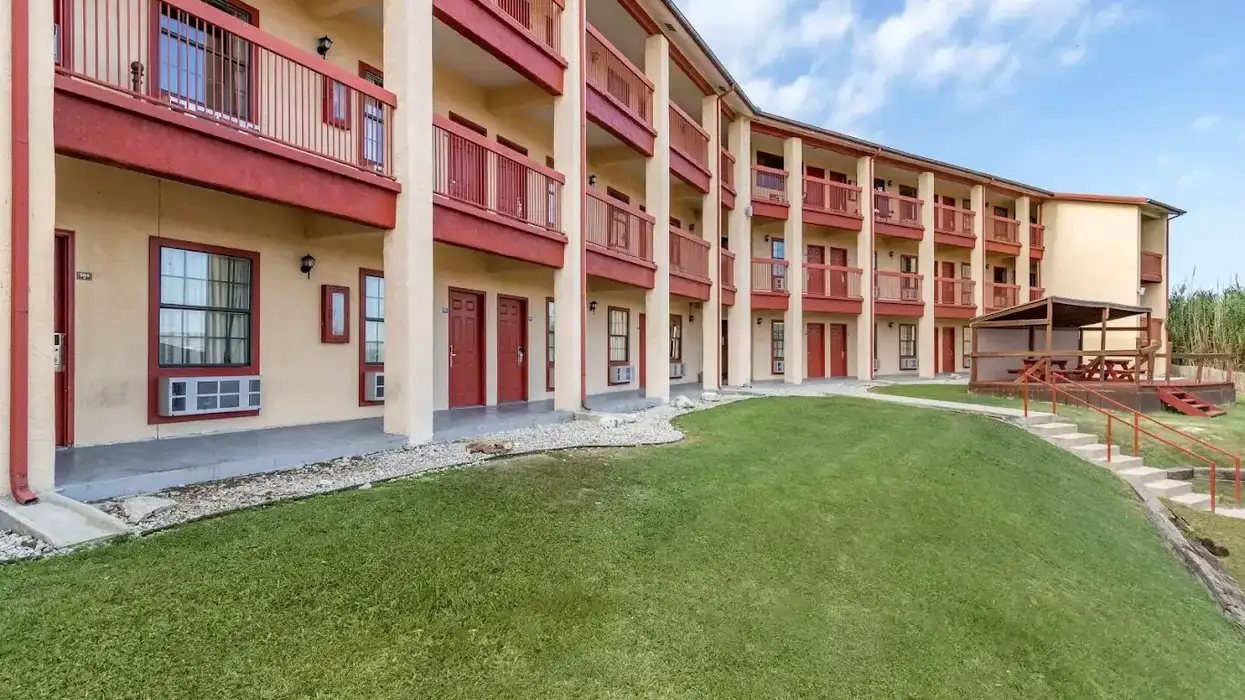(Editor’s note: This story has been updated from a previous version to clarify the nature of the award in this case and to attribute a quote to Reform Lodging President and Co-Founder Sagar Shah.)
AN ARBITRATION PARTIAL final award for a 2020 lawsuit against Choice Hotels International by a group of franchisees found the company breached its franchise agreement regarding providing volume discounts through its preferred vender program along with two other breaches. Owner advocacy organization Reform Lodging says the ruling serves as an example of the need for overall reform of the hotel franchise system, while Choice called it “erroneous.”
The ruling orders Choice to pay $760,008.75 in attorney’s fees and costs to claimant Highmark Lodging, led by Darshan Patel and represented by Justin Proper with White and Williams law firm, for breaching its contract to realize volume discounts through its procurement program. The case for other claimants, also Choice franchisees, is still pending.
Arbitrator Steve Petrikis also ruled against Choice on charges related to its use of key money to attract franchisees and regarding Choice’s failure to secure pricing benefits from brand mandated cyber insurance vender Crowdstrike. The ruling calculated damages “arising from the breach of promise to obtain volume discounts is 15 to 20 percent of the purchase price” for all goods and services purchased from Choice qualified vendors.
Petrikis denied claims for fraud, RICO violations, conversion, breach of implied duty of good faith and breach of contract for call-forwarding charges made in the 2020 lawsuit.
Choice’s procurement process ‘revenue driven’
In an interview with Asian Hospitality in April, Pat Pacious, Choice president and CEO, said the company worked to lower owners’ costs in many ways. He singled out its procurement process.
“Procurement’s a great example,” Pacious said. “We’ve been able to drive down the cost of the goods and services that our franchisees buy.”
However, Petrikis in his ruling found that lowering prices for franchisees was not the focus of Choice’s vender program.
“A preponderance of the evidence, in both quality and quantity, establishes that Choice made virtually no efforts to leverage its size, scale, and distribution to obtain volume discounts on nonmandated goods,” he said.
That evidence included statements by Rick Summa, Choice’s vice president for procurement services, and other employees in the department as well as the company’s marketing material, franchise disclosure document and statements regarding volume discounts at owners committee meetings and conferences.
“There is great logic to the argument that Mr. Summa and his department were motivated more by the revenue Choice itself would receive, often substantial, than by securing product pricing discounts for the franchisees. Salaries within the procurement department were impacted by that revenue number, and particularly Mr. Summa’s salary,” Petrikis wrote. “Evidence regarding Mr. Summa’s management of the procurement department supports the conclusion that Choice was revenue driven in its pursuit of vendors. There were no published memos, plans, policies, best practices, instructions, guides or other directions to those working in the department to secure volume discounts for franchisees. Indeed, Mr. Summa testified that he doubted his ability to find any communication where he advised his employees to pursue volume discounts.”
A Choice company spokesperson minimized the results of the arbitration.
“Franchisees are at the heart of what we do. We work with our franchisees and associations to drive down total cost of ownership which is one of the reasons we have a 97 percent voluntary franchisee retention rate,” the company said. “We believe this arbitrator’s award is erroneous. This is supported by two recent cases in which Choice was the prevailing party. Even in the most recent case, less than $18,000 was awarded to the franchisee and the remaining amount of the total arbitration award is payment to the claimant’s attorney for fees and expenses.”
A ’poster child for franchise reform’
Reform Lodging said the arbitration results support industry wide efforts to reform the franchise system. Those reforms would provide greater clarity on reporting by franchisers of revenue from vender rebates and fees, as well as the sale of brand reward points.
“This case’s findings confirm the broader franchisee sentiment regarding the unjust practices and mistreatment faced by America’s franchisee owners,” RL said in a statement. “With a more small-business centric Federal Trade Commission investigating franchisee issues, the findings of this Choice case, and New Jersey’s Fair Franchising Bill slated to go in front of the New Jersey Senate, advocacy groups and hotel franchisees need to remain on the offensive as the opportunity to reform the franchise model has never been greater.”
Sagar Shah, RL’s president and co-founder, called Choice “the poster child for the need for legislative reform.”
“The stark contrast between their claims of treating franchisees well and the revelations from the recent arbitration are certainly difficult to reconcile,” Shah said. “It is apparent that Choice’s procurement department has a self-serving structure that rewards greed and franchisor success first over the wellbeing of their hard working small business franchisees.”






